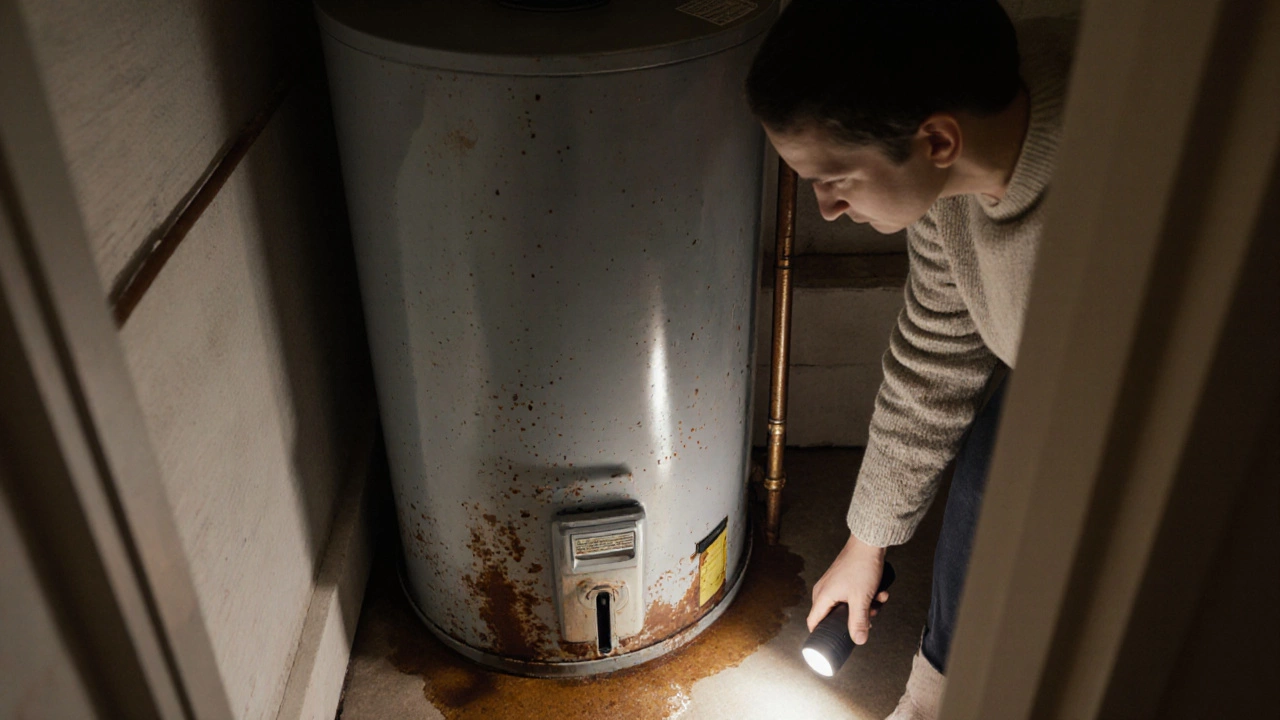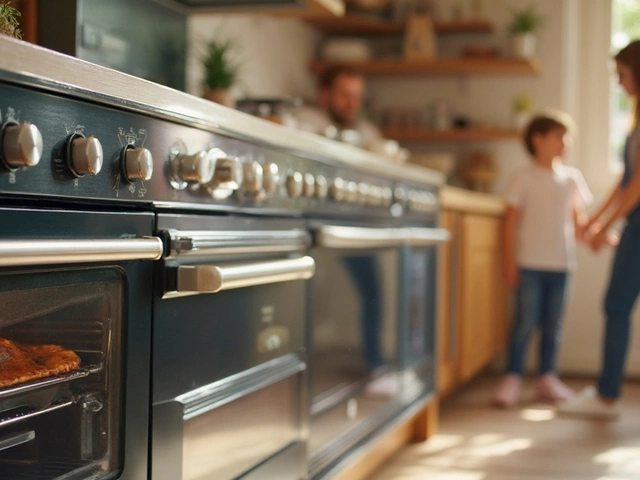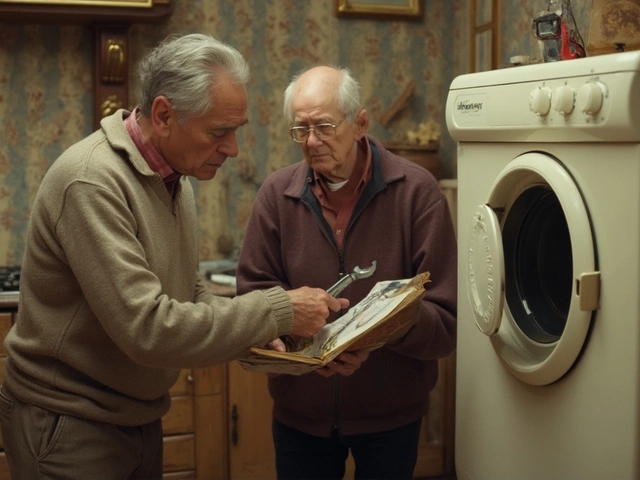When dealing with a 20 year old heater, a heating unit that has been in service for two decades and is showing signs of age. Also called a vintage water heater, it often faces corrosion, failed thermostats, and reduced efficiency. Understanding its condition helps you decide if a repair will save money or if a fresh system is the smarter move.
One of the most common companions to an old heater is a water heater, the appliance that stores and heats domestic hot water for showers, taps and appliances. When a water heater reaches 20 years, the inner tank may develop rust, leaks can appear, and heating elements lose performance. A well‑maintained water heater can still serve, but the risk of sudden failure grows each year.
Another related system is the boiler, a central heating unit that supplies hot water and warmth throughout a home. Boilers share many components with water heaters—heat exchangers, valves, and controls—so the same wear‑and‑tear patterns apply. If your boiler or water heater is two decades old, expect higher energy bills and more frequent repairs.
First, check the age and maintenance history. A heater that’s been serviced annually will likely hold up longer than one that’s been ignored. Second, look at efficiency ratings. Modern models run up to 30% hotter on the same fuel, so a new unit can slash your energy costs. Third, assess safety: corrosion can lead to leaks, and gas‑fired heaters may develop carbon‑monoxide leaks if internal seals fail.
Repair vs. replace decisions hinge on three main criteria: cost, reliability, and future savings. A typical repair—replacing a thermostat, heating element, or pressure valve—can run between £80‑£250. A full replacement for a 20‑year‑old electric water heater starts around £450, while a gas boiler can exceed £2,000 including installation. If repair costs approach 50% of a new unit’s price, swapping out makes financial sense.Energy efficiency also drives the choice. Old heaters often operate at 60‑70% efficiency, meaning a lot of fuel is wasted. Upgrading to a high‑efficiency model can cut monthly bills by £30‑£70, offsetting the upfront cost within a few years. Plus, newer units meet stricter environmental standards, reducing your household’s carbon footprint.
Safety checks are non‑negotiable. Look for any signs of rust on the tank, water pooling around the base, or strange noises—these indicate internal degradation. For gas‑fuelled heaters, always test for carbon‑monoxide with a detector before deciding. If any safety red flags appear, replacement is the responsible route.
Lastly, consider long‑term plans. If you’re staying in the home for many years, investing in a high‑efficiency heat pump or modern boiler yields better ROI. Conversely, if you plan to move soon, a quick, cost‑effective repair may be all you need to keep the property market‑ready.
Below you’ll find a curated collection of guides that dive deeper into specific heater types, repair costs, DIY troubleshooting, and when to call a professional. Whether you’re assessing a water heater, boiler, or heat pump, the articles will give you clear, practical steps to keep your home warm without breaking the bank.

Find out if fixing a 20‑year‑old water heater makes sense. Compare repair costs, energy loss, and replacement price to decide the best move for your home.

If you’re shopping for a new electric oven or worried about breakdowns, brand reliability matters big time. This article looks at which appliance brands have the fewest reported repairs, backed by recent repair data and real user experiences. You’ll see how different brands compare, which models tend to last, and when it makes sense to spend a little more upfront. Plus, you’ll pick up tips to keep your oven running smoothly, no matter which badge it wears. Everything’s packed in with real talk—no fluff to wade through.

Fixing an extractor fan can be a straightforward process if approached with the right tools and knowledge. This article delves into various factors affecting repair time, common issues encountered, necessary tools, and preventive tips to maintain optimal performance. Readers will discover useful advice on diagnosing problems and learn how to efficiently address and resolve them, ensuring a smooth and fresh airflow in kitchens and bathrooms.

Why would a freezer suddenly stop working? This article uncovers the most common reasons, from electrical hiccups to sneaky broken parts. Get clear tips to troubleshoot on your own before calling in the pros. You'll also find surprising facts—like a forgotten coin trick to check freezing power. Whether it's food loss or a mystery beep, you'll get straight answers and a path to a cold fix.

Wondering if fixing your tumble dryer makes sense? This article dives into crucial considerations like repair costs, common issues, and when to replace. Avoid costly mistakes by learning signs that scream 'repair!' or 'replace!' Smart tips help you make the right decision for your dryer woes.

Thinking about repairing your cooker? This guide covers repair costs, when to fix or replace, and expert tips to help you decide what's best.